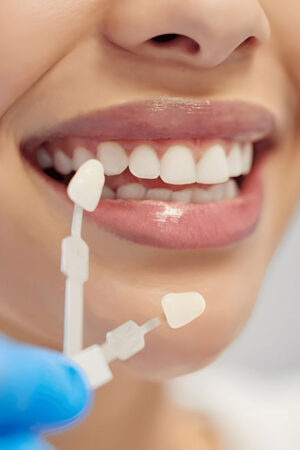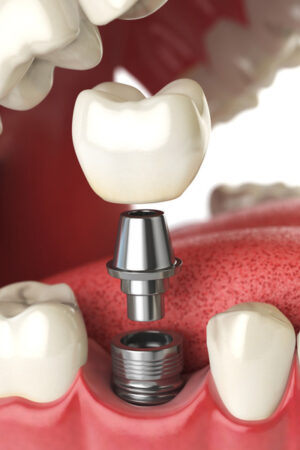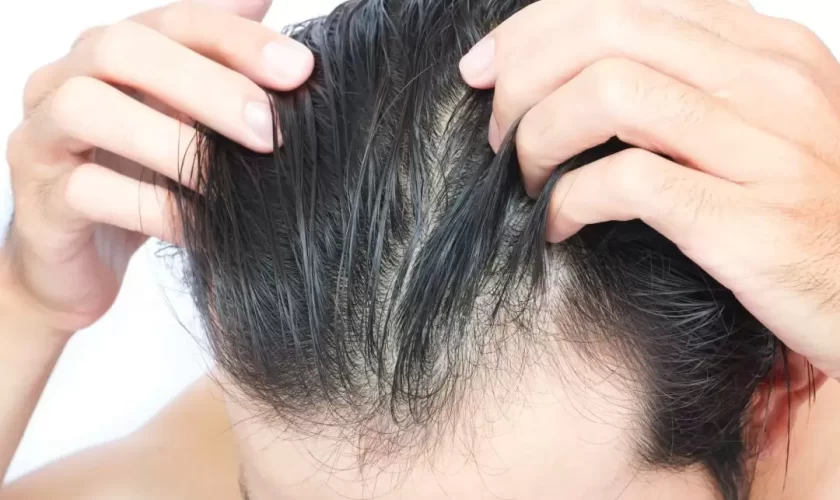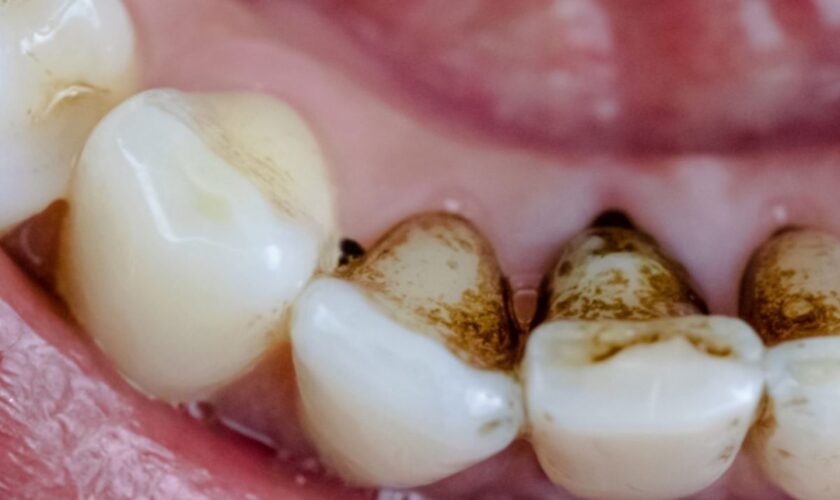Deciding to have a hair transplant is a big leap in self-confidence and personal wellbeing. This medical tourism hub in Bogotá City avails an ideal space for this life-altering surgery. However, there are other considerations such as different times of the year that have significant effects on the outcome and overall experience during healing process after undergoing through hair transplantation.
A hair transplant does not fit every size since “when” crosses many people’s minds so often. When is the best time of year to have a hair transplant in Bogotá? The answer depends on personal preferences, medication reasons as well as lifestyle issues, as there is no general solution to a widespread question like this. This course will look at season-specific environmental conditions to help you make a choice that corresponds to your objectives.
Spring Surge: Revitalisation and Renewal
The spring season is a time for revitalization and renewal; blossoming flowers accompany rising temperatures with nature coming back to life from the cold winter months. It is also the best time for people who want to achieve the same by undergoing hair transplant procedures. After such an operation, scalps need protection against direct sunlight but because it happens when umbrellas have been stored away one may forget easily Sunshade lotion should be used whenever you are consuming.
https://colombiahairtransplant.com/
Why Consider Spring?
Post-operative complications are less-likely to happen or reduced with relatively moderate temperatures during spring as compared to those experienced in other seasons, reducing discomfort in operation scars. The beginning of sunnier daysmatches the shade provided by first stage hair growth during this time of the year thus making it possible enough for protective balance that probably doesn’t apply in winter or summer.
If You Choose Spring
Wear lightweight caps that offer UV protection or high UPF levels over them. Eat lean proteins and vitamins which are essential for healthy hair while taking into account the fact that this season has fresh fruits and vegetables in plenty.
Summer Scenarios: The Balancing Act
The Bogotá summer seasons are usually fun times off work which is the right blend for most medical tourists. Public beaches are invitingly full with patients who have sought medical attention coming from different parts of the country or beyond. Nonetheless, like any other season, it has its set of difficulties such as what we should wear to protect our heads after surgery.
Why Summer?
After surgery post-surgery adaptation will be easier due to fairly constant average temperatures all through the year owing to Bogotá’s height above sea level. Nonetheless, there are disadvantages; the sun shines very brightly during summer dictating that protective measures be taken from harmful rays especially UV ones.
Advice for Summer Time
Wide-brimmed hats would serve well on sunny days while head scarves with sun protection properties could be essential beach accessories too. Purchase safe sunscreen suitable for the scalp ensuring you strictly follow the application guidelines given
Autumn Anecdotes: The Elegance of the Harvest
Autumn in Bogotá is a scenic spot where one can enjoy the red, gold, and brown cityscape together with the surrounding hills. Autumn could be a good period for some individuals who want their recovery process to remain private, because school term may have commences and normalcy return to public places.
Why Its Good on Autumn?
The cooler temperatures that belong to the autumn are less challenging for those who dislike extreme heat (in summer). This season’s air is snappy yet devoid of humidity, thus making it easier for individuals undergoing post-surgical periods avoid possible risks associated with scalp bacterial invasion.
Advice for Autumn Time
Use autumn as a transitional time frame through which you could engage in outdoor light activities such as walking along parks without getting sweaty too much or even without making it seem like people will hardly notice your absence (during winter). Therefore continue applying SPF according to how long you be outside and what suits you best.
Winter Wisdom: The Chill Factor
The Bogotá winter brings cooler days that are sometimes wet; hence, people prefer staying indoors in order not to disturb parts healing through outdoor activities. Meanwhile, others might feel cold and need to wear more clothes while others may wear beanies or hoodies so that nobody guesses the early stages of their hair transplant.
Why Winter?
Winter outfits are bulky and can conceal the new hairs effectively. Besides, lack of much activity because of the low temperatures would be beneficial to those close but not entirely ready to engage extreme Colombian sunshine.
Advice for Winter Time
Dress in layers that can help you manage the heat without sweating too much so that it does not lead on complicating your process of healing; however, bear in mind the need to keep humidity back at home during recuperation periods otherwise (girl may get over dry skin on scalp).
In conclusion: Timing Is Personal
Eventually however, there is no specific timeframe when it comes to getting hair transplants done by someone else in Bogota except for when they feel prepared enough having talked all the medical advice concerning them other times having their life after such procedures designed according to what fits around them weathers Grossünde always remains one city that appeals most visitors globally as hub medical tourism that is developing rapidly providing excellent care facilities clinics that are world class offering best practices Was Ihre Zeitgebung zu verbessern um das Erlebnis von Konvertieren Ihre Zeitplanung anhand dieser saisonalen Einsichten damit diese sämtliche für ein gutes Ergebnis sind Remember, everyone has unique needs, circumstances and goals for the hair transplant procedure which should be aligned with seasons.















